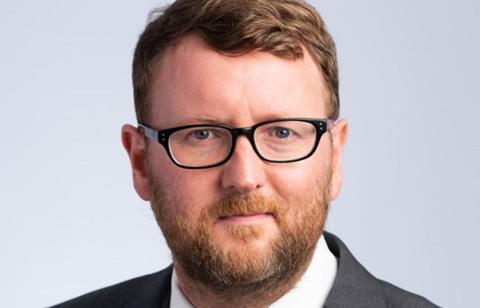
Almost four in 10 (38%) women with children would choose to work longer hours if childcare was cheaper, according to research by The People's Pension.
Gender pensions gap: Tackling the motherhood penalty, published in May 2019, found that after having children, more than two-fifths of women (44%) reduced their hours, more than a third (36%) left work altogether and more than one in 10 (15%) returned to work in a lower grade or lower paid role.
The survey found that of those women that left the workforce altogether, 43% did so because it did not make financial sense to keep working while paying childcare costs, and 29% said they could not afford suitable childcare.
More than a third (36%) of those that reduced their hours or grade after having a child said it made more financial sense to work part-time than pay for childcare, and 23% could not afford suitable childcare.
The People's Pension has urged the UK government to consider measures to improve childcare provision across the UK, to ensure women are not penalised when it comes to pension savings as a result of having to reduce their working hours.
The suggested measures include: a single, specific ear-marked grant to local authorities to cover the real cost of the guaranteed 30-hours per week childcare for children aged three and four; cutting the required earnings for auto-enrolment to the primary National Insurance (NI) threshold; abolishing the net pay tax quirk to ensure 1.75 million low earners receive tax-relief through auto-enrolment that they currently miss out on; and extending the existing system of state pension carers credits to auto-enrolment to reduce the pensions gender gap in auto-enrolment savings.
Gregg McClymont (pictured), director of policy at The People’s Pension and former shadow pensions minister, said: “Women are getting short-changed on pensions for several reasons; not least because of the caring responsibilities they tend to take on across their lifetime.
“To look after their children, women often reduce their working hours or stop working altogether, and their rates of pay and potential for progression can be unfairly affected, all of which mean their potential pension savings take a hit.
“Of course, many women choose to reduce their working hours or leave their job because they want to spend more time with their kids, but our research is clear: the cost and availability of childcare is a key factor for many women.
"If we’re going to tackle pensions inequality, not only are changes to auto-enrolment required but better provision of affordable childcare is a must to enable those mums that want to keep working or work more hours, to be able to.”
















